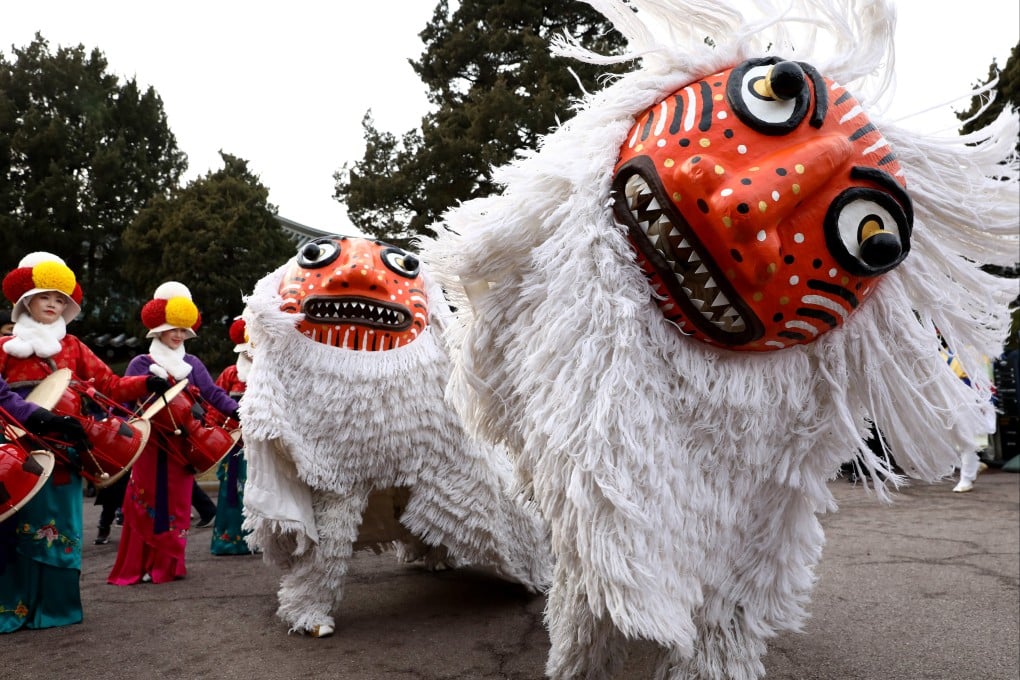Reflections | Lunar New Year or Chinese New Year? Don’t blindly call it the former when the context and the people addressed are clearly Chinese
- Saying ‘Lunar New Year’ may be more inclusive to other parts of Asia that celebrate the occasion, but is unnecessary in an all-Chinese context
- Many Chinese believe that the growing trend of saying ‘Lunar New Year’ is an insidious plot to erase the important festival’s Chinese origin and character

February 5 marks the end of the Chinese New Year. No more endless loops of annoying Chinese New Year songs that bang on about the desire to acquire great wealth. No more forced smiles and excruciating small talk with relatives you meet once a year and don’t really care about.
While Chinese New Year may be the most important time of the year for Chinese communities within and outside China, I’m sure I speak for many when I say I’m glad it will finally be over.
Did you see what I’ve done? Instead of writing “Lunar New Year”, which is the preferred style of the South China Morning Post, I’ve written “Chinese New Year”.
The Lunar vs. Chinese New Year debate has been going on for a while.
At Singapore’s Nanyang Technological University (NTU), someone recently scratched out the word “Lunar” and scrawled “Chinese” below it on an exhibition panel describing how different ethnic groups in parts of Asia celebrate the festival.

